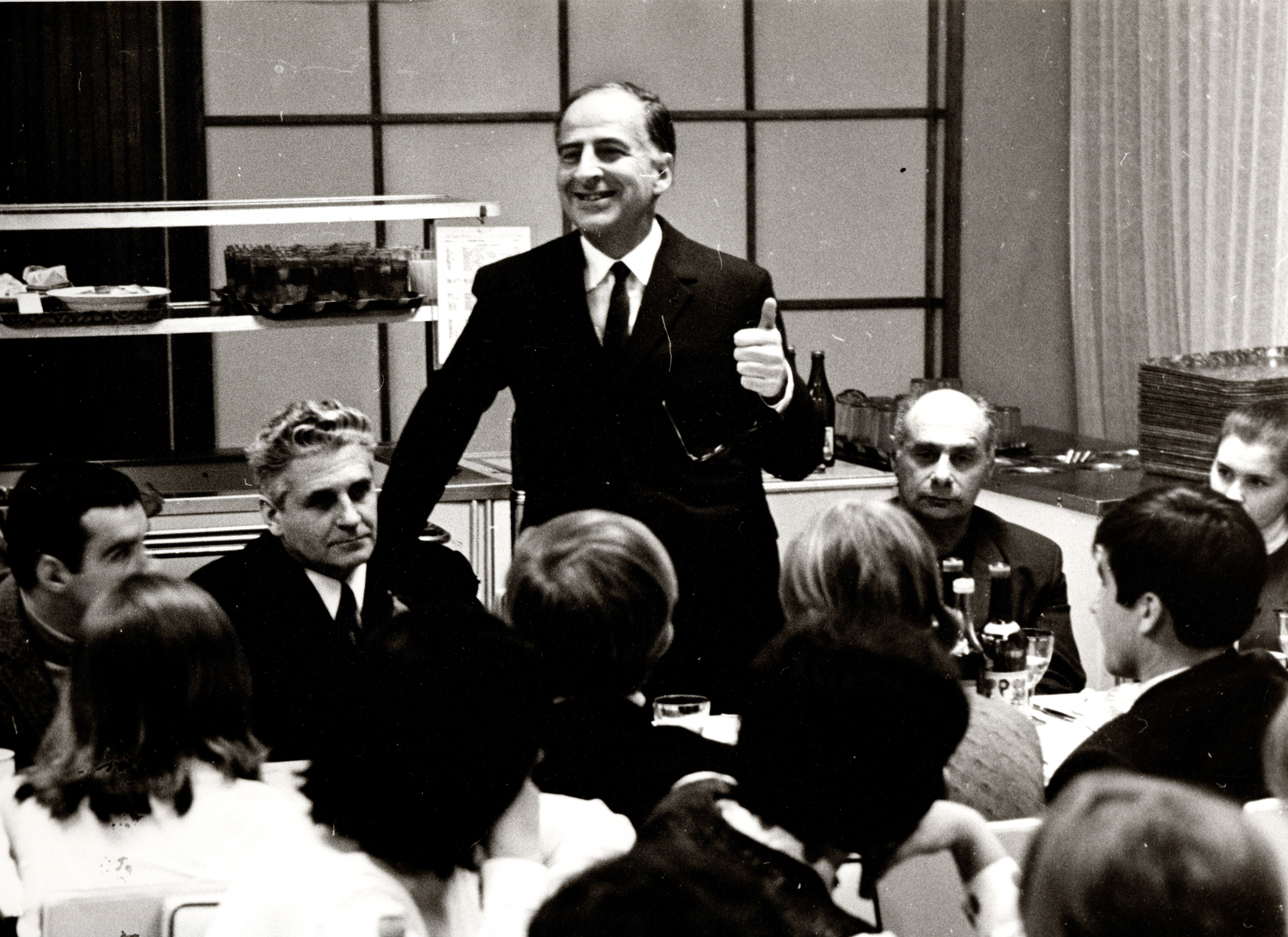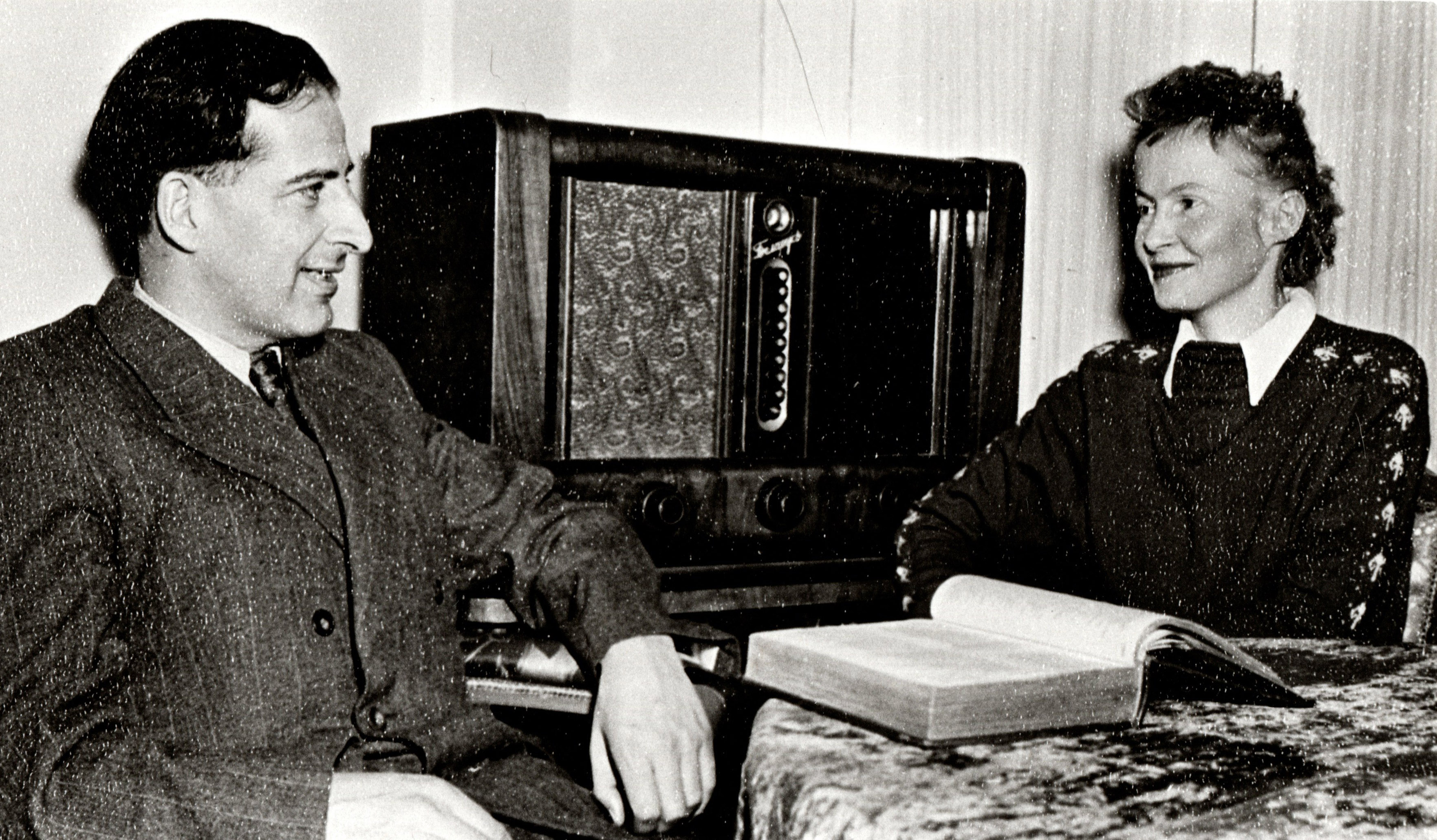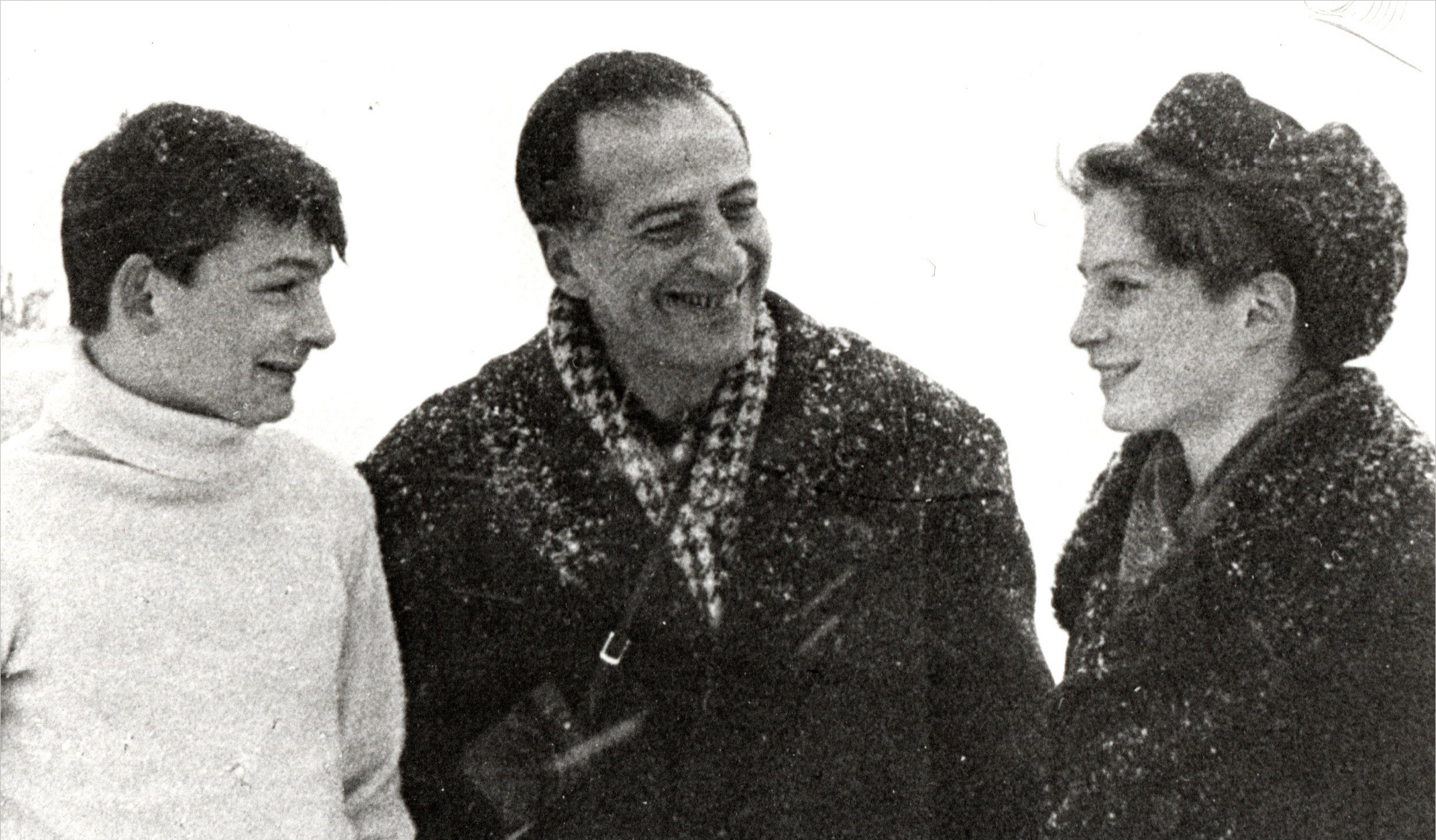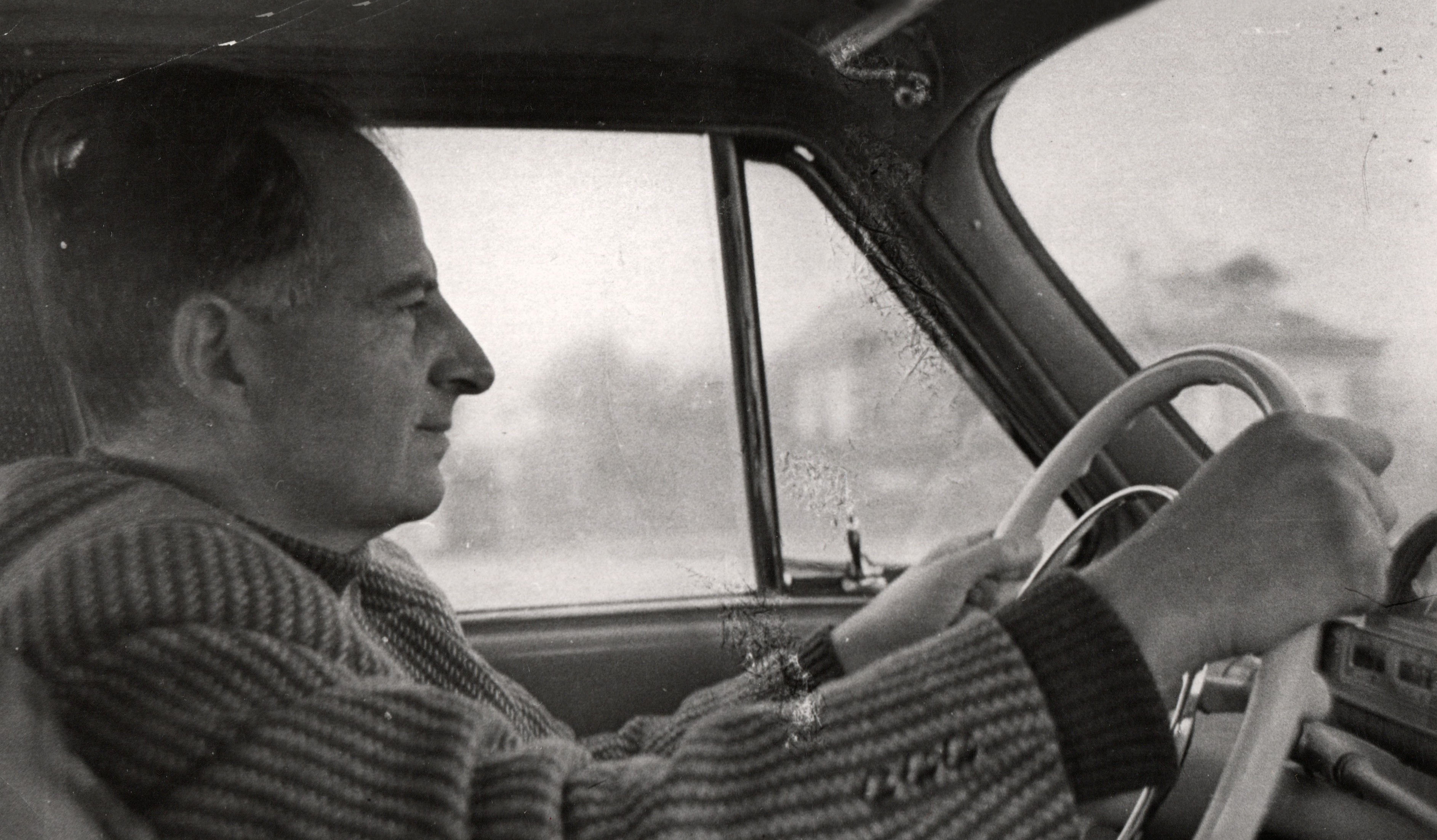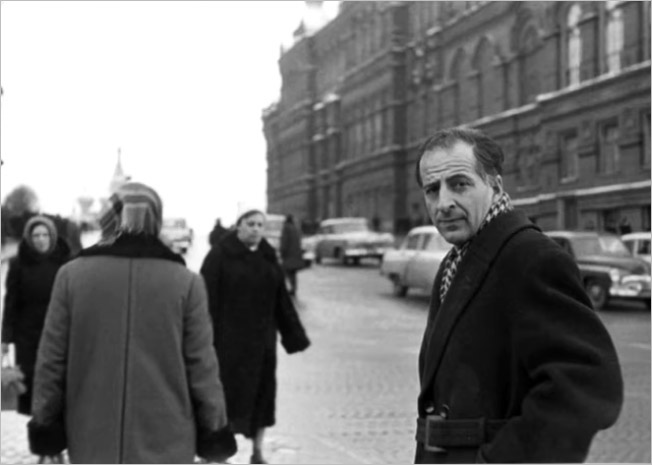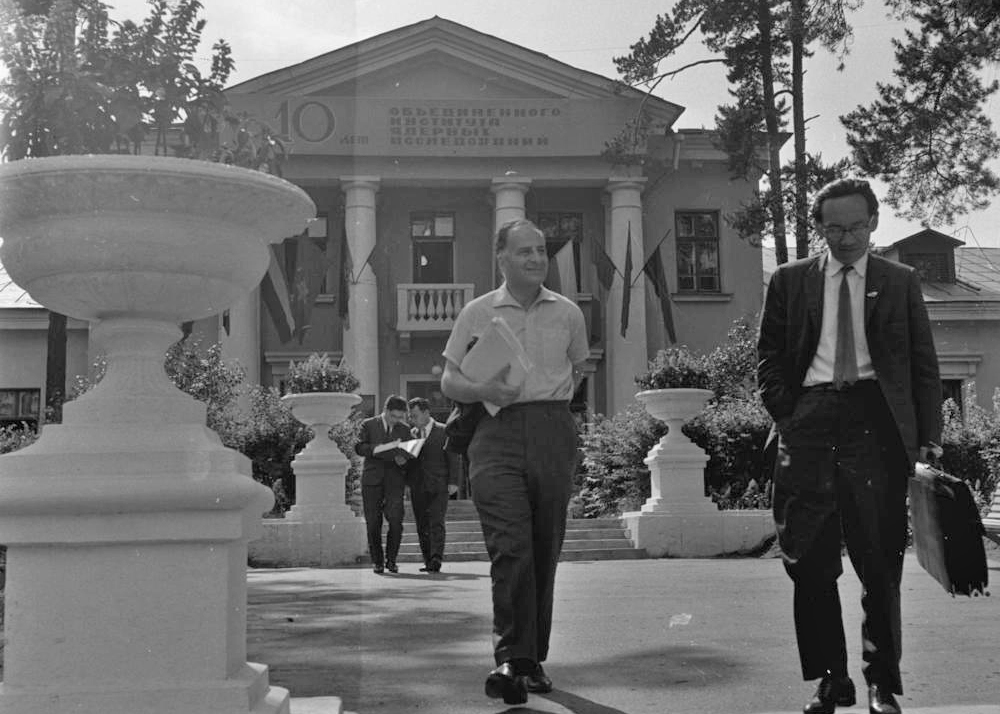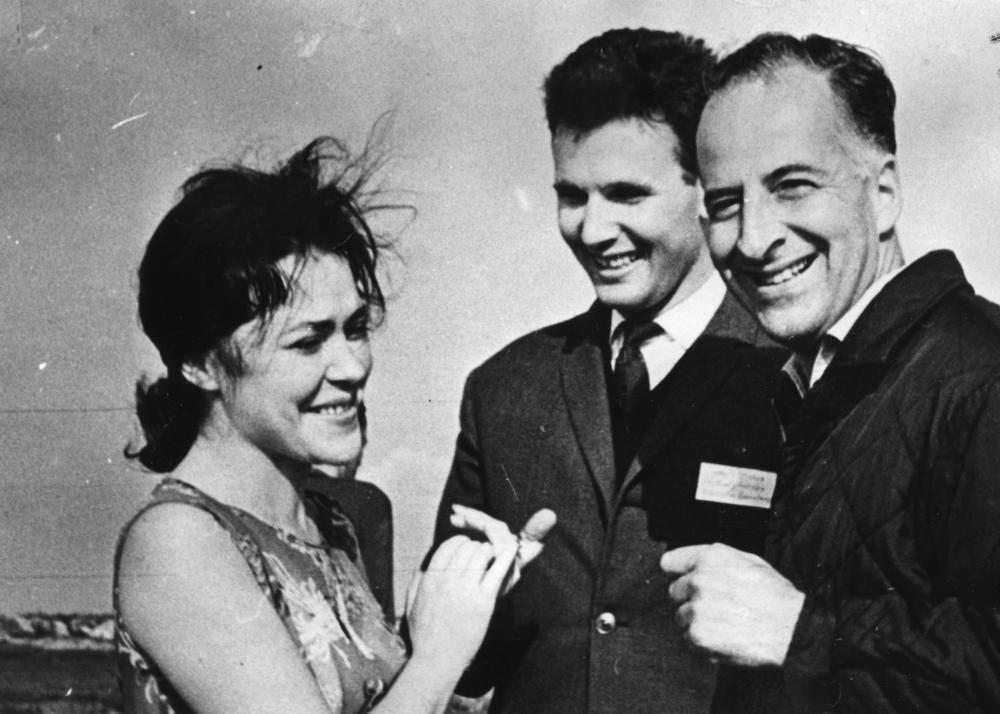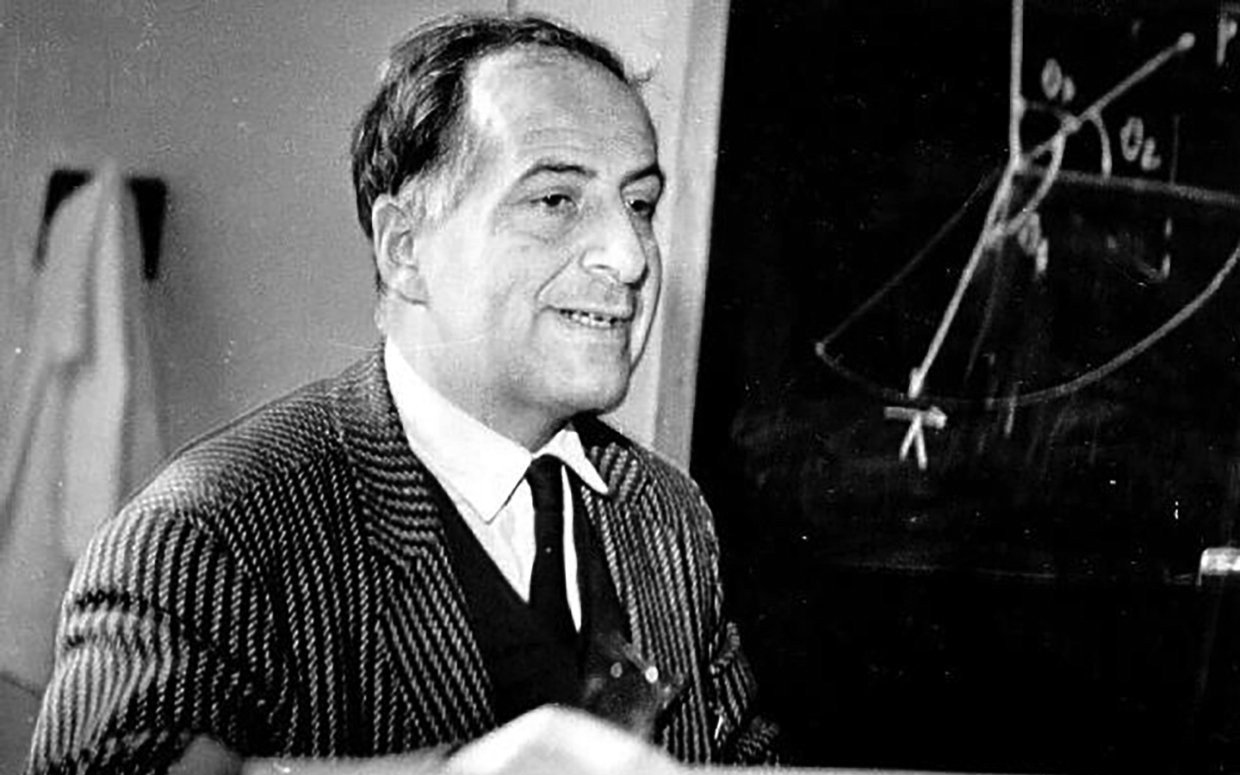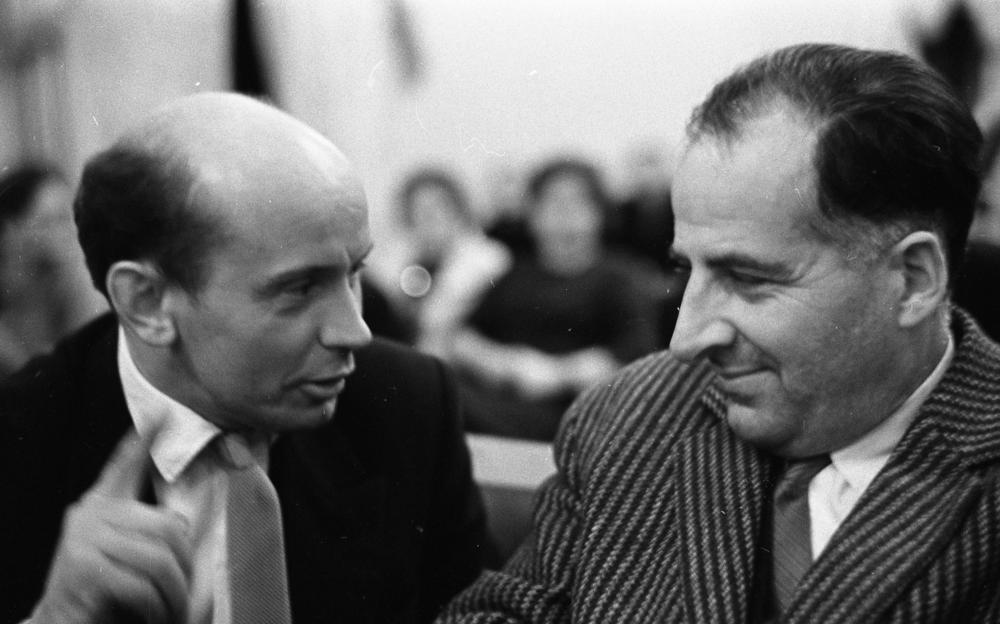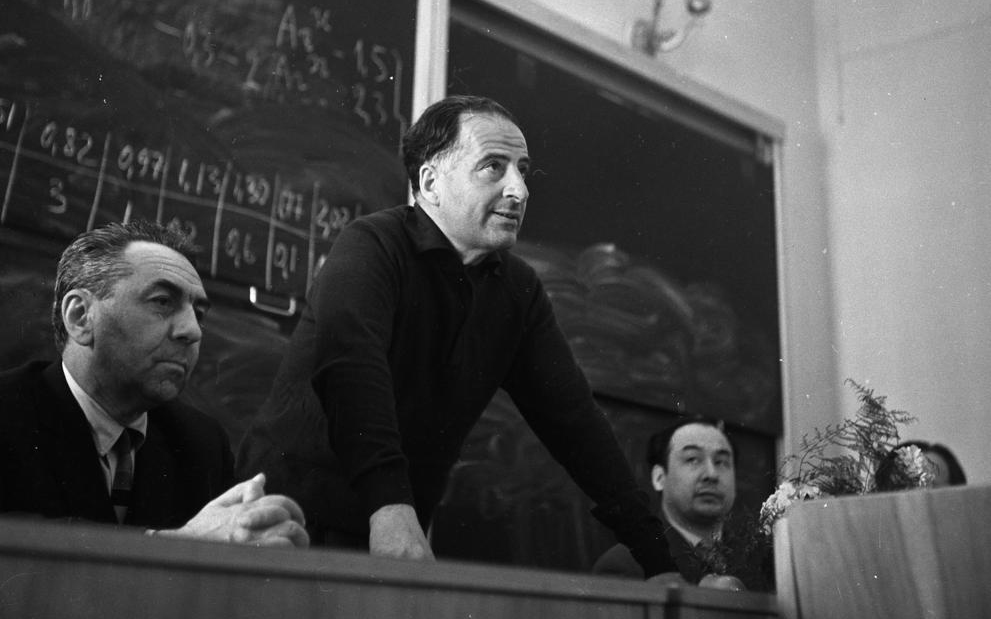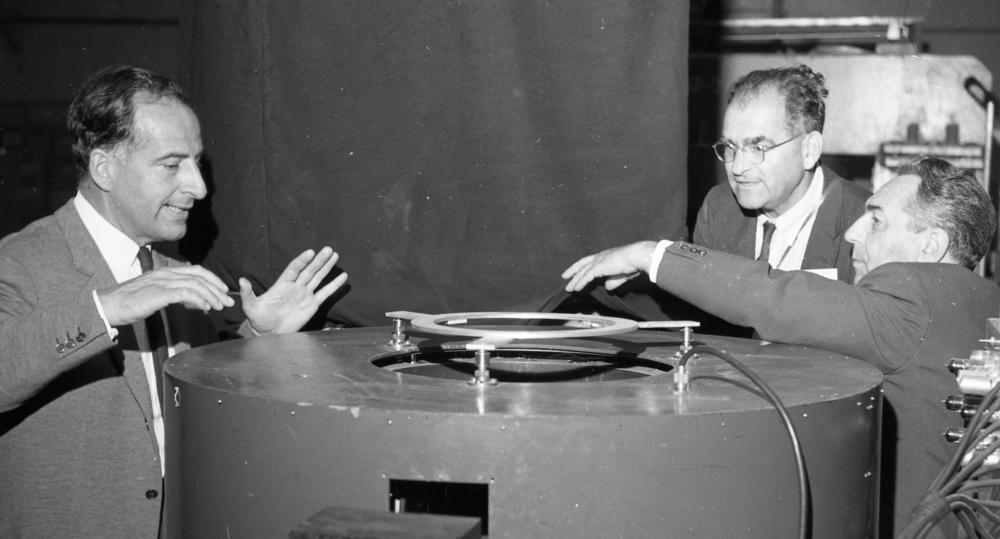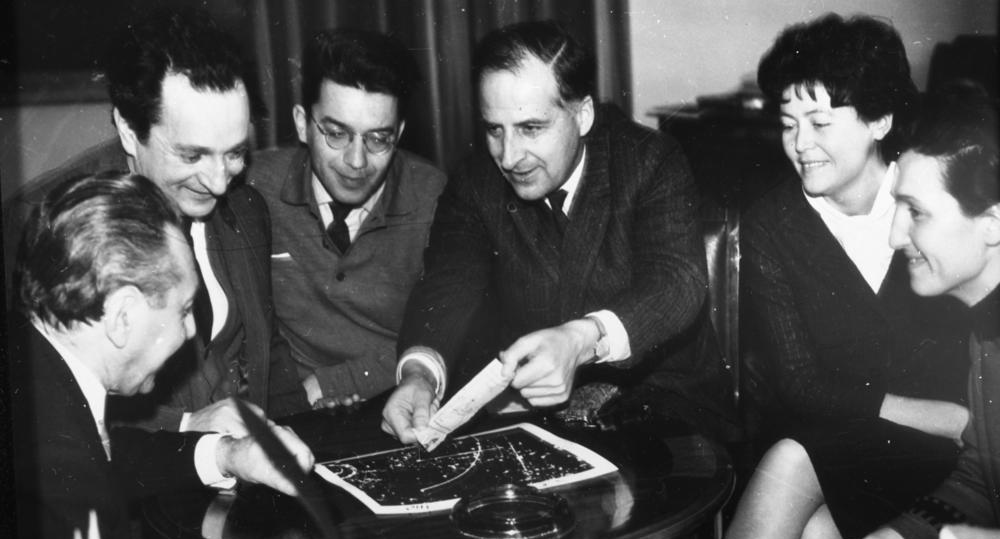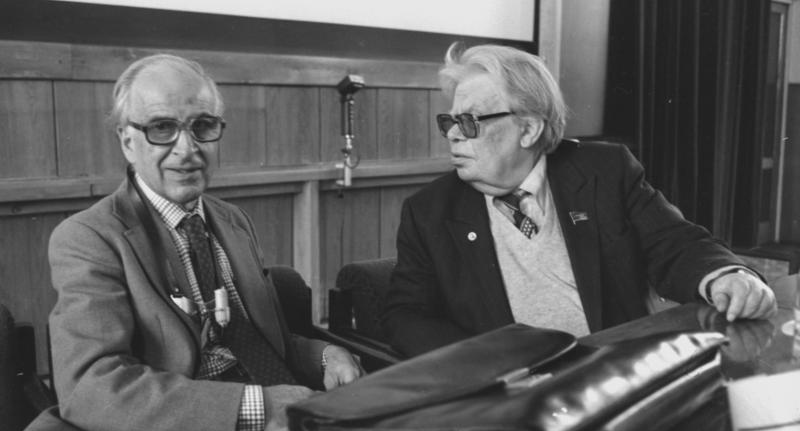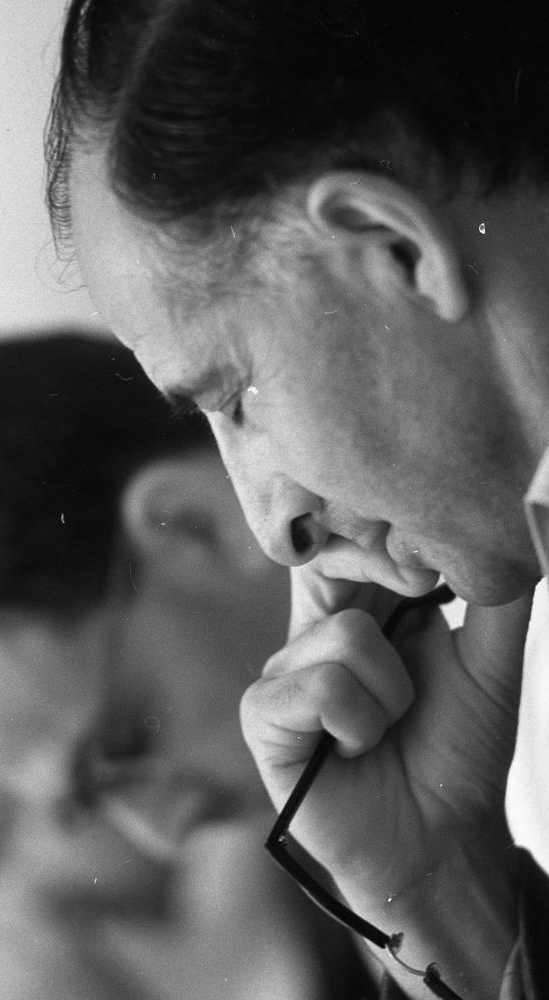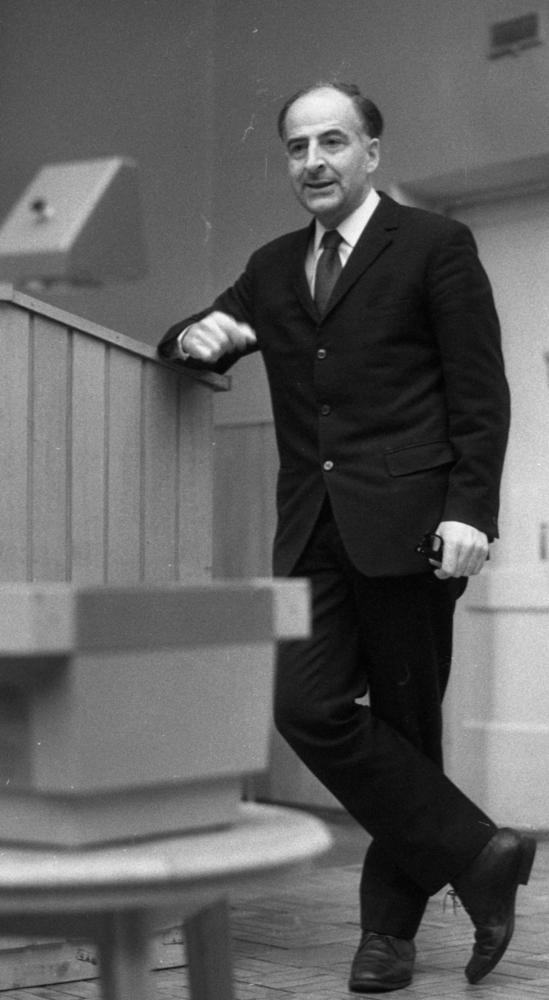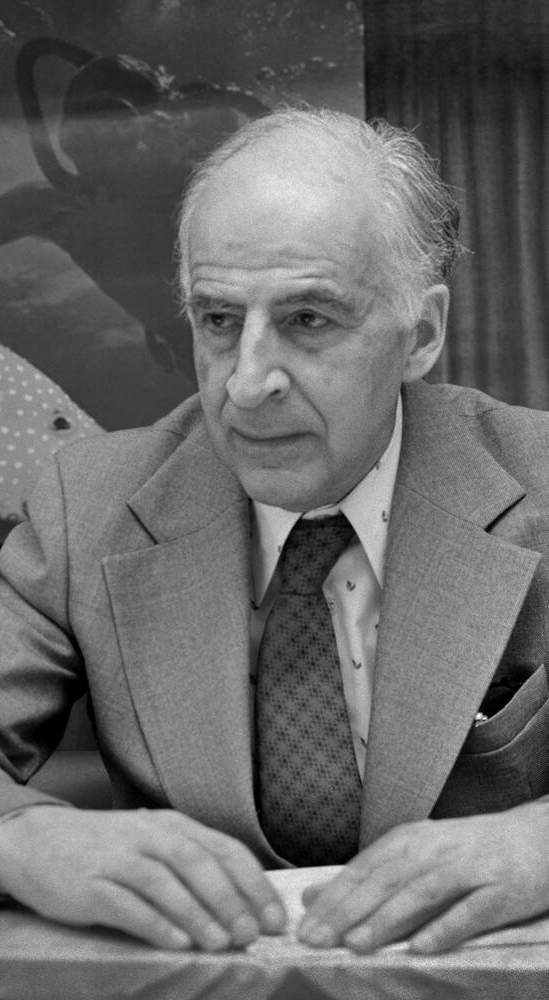Remembering founders: Bruno Pontecorvo
News, 22 August 2022
On 22 August, the Joint Institute for Nuclear Research celebrates birthday of the founder of experimental neutrino physics Bruno Maksimovich Pontecorvo (1913 – 1993).
As the founder of high-energy neutrino physics and neutrino astronomy, he was the first in the world to put forward the idea of neutrino oscillations, which was not confirmed experimentally until nearly 60 years later. The scientific area laid down by Bruno Pontecorvo, neutrino physics, is now one of the priorities for the Laboratory of Nuclear Problems JINR and has become the basis for the JINR neutrino programme. Within its framework, the construction of the Baikal Neutrino Telescope is developing, Laboratory scientists are taking an active part in experiments on neutrino research: GERDA, NOvA, Borexino, JUNO, GEMMA and DANSS, and in other projects significant for world science. Bruno Pontecorvo also gave the world a method of oil and gas exploration, the neutron logging, which is widely used in the fields.
The Italian B. M. Pontecorvo found himself in the Soviet Union and, in particular, in Dubna due to his communist political views. Before his long-term work at JINR, he already had a big name in scientific circles: he was a student of Enrico Fermi at the University of Rome.Working in his group, Pontecorvo co-authored the discovery of the neutron deceleration effect. Then he worked at the Radium Institute in the Laboratory of Irène and Frédéric Joliot-Curie in France and studied nuclear isomerism, for which he received the Carnegie-Curie Prize. After that, he immigrated to the United States, worked in Canada, Great Britain. In America, B. M. Pontecorvo developed a geophysical method for studying oil wells using a neutron generator, i.e.neutron logging.
As an experimental physicist, a specialist in nuclear physics and elementary particle physics, the founder of high-energy neutrino physics, and one of the founders of neutrino astronomy, he left different scientific works on the deceleration of neutrons and their capture by atomic nuclei, neutrino physics, weak interactions, nuclear isomerism, astrophysics. He predicted the existence of isomeric states in stable atomic nuclei and discovered the phenomenon of nuclear phosphorescence. Pontecorvo proposed a method for detecting neutrinos using the reaction of converting chlorine nuclei into radioactive argon nuclei. Such a field of science as neutrino astronomy was born and developed after implementing this method. He put forward the idea of neutrino oscillation and pointed out the importance of the weak interaction between neutrinos and electrons for the evolution of stars.
Bruno Pontecorvo became the creator of the Soviet school of experiment in the fields of elementary particle physics. Today, three Nobel Prizes have been awarded for works performed using the ideas of Bruno Maksimovich.
In addition to science, sports was also his passion. Being a tennis champion of Italy in his adolescence, he continued to practise this sport in Dubna and was also an avid cyclist. He was fond of water skiing and spearfishing.
Bruno Pontecorvo had the great gift of charm, and, according to the memories of those who knew him, “every debate or seminar with his participation turned into a lively conversation.” A Pontecorvo’s colleague, the well-known theoretical physicist Semyon Gershtein, noted “his constant smile, humour, interest towards people, thirst for new knowledge, his tact and deep democracy, intolerance of any falsehood and especially of profanation of science, his willingness to give every support to new and interesting experimental research”.
The JINR International Neutrino Physics School, the Prize for scientists from different countries engaged in the fields of neutrino physics, and the scholarship for young researchers of the Institute are named after Bruno Pontecorvo. One of the streets of Dubna is named in his honour. There is a memorial office of the scientist in the DLNP JINR main building, in which all the furniture, manuscripts, photographs, and personal belongings are carefully preserved.
